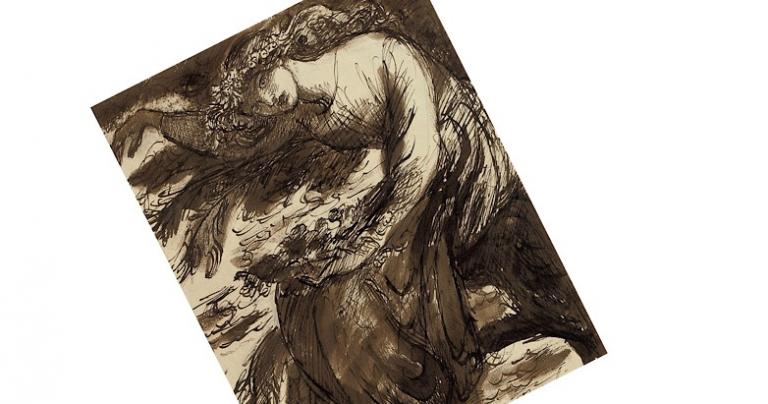 We should not commit any injustice, but we are imperfect in a world marred by broken people, so we do.
We should not commit any injustice, but we are imperfect in a world marred by broken people, so we do.
When I do an injustice, and God help me, I have, then I harm others. That is a great evil, but a lesser wrong is that I also harm myself. This harm is less wrong, because I chose to do the injustice and so I should have accounted for the evil as one doing the deed. If I am unjust, then harm is what I deserve. Have mercy Lord!
Few wish to harm themselves, I generally do not. When we do wish to harm ourselves (leaving aside medical or mental health problems), then this is often because of injustice we have done or that has been done to us. Injustice breeds harm, because the reaction to injustice is hurt in the person receiving the wrongful treatment.
Some people argue injustice is not just acceptable, but good for a ruler. He should promote his own power at the expense of others, but this ignores what injustice does to his own soul. Doing injustice is like wielding a sword by holding the blade: damage goes both ways. Justice may cut, a scalpel removes evil from the body, but does not harm the user.
In Republic, Plato has Socrates point this out to a teacher who promotes injustice:
If injustice invariably implants hatred, whether among groups of free men or slaves, will it not cause them to hate and injure each other, making it impossible for them to cooperate in common enterprises?
Yes.
So will it be also with any two individuals. Injustice will make them hate each other and so divide them. They will be enemies to one another and to all just men as well.
Agreed.
The same will hold for a single individual. Injustice will once again manifest its divisive effects and will put a man at odds with himself.
If an individual does injustice, he teaches the opposite of the Golden Rule to his own soul. He must pray nobody does to him as he does to others, but this means he has gone to war with his own moral sensibility. He wishes to be treated justly, but is unjust to others. He harms himself by dividing his actions from his conscience.
Plato’s key insight is that injustice “plants hatred.” When white Americans enslaved other people groups, they planted hatred and long-term conflict. The injustice done to the enslaved was the worst evil, but great harm was also done to the “masters.” The habit of planting hatred cannot be contained just to “those people” and soon a self-loathing and isolation sets into the oppressors. Southern literature is full of the self-pitying, self-loathing of those who built their lives on injustice to others, but could not stop and so did injustice to self.
Injustice cannot be good, even if the only concern is the welfare of the ruler doing injustice. Injustice is good for no man.
Perhaps nobody should pity an unjust ruler, he brings this punishment on himself. Yet the punishment will often be more than sanity can stand. Being a leader is already a hard and lonely job, one good people do only out of a sense of duty. Imagine multiplying that loneliness by cutting oneself off from everyone else. The unjust ruler wishes to be treated well, but has no such rule for how he treats others. He is cut off from the community and isolated, not just by his job, that is hard enough, but by his injustice.
He will die in the bunker of his own making very much alone. Even if, like Stalin, he keeps power to the very end, he will be in a mental bunker, isolated from all true friends, hated when he would be loved.
This is what we begin to do to ourselves whenever we do injustice.
———————————————-
*I begin an informal summer reading of Republic using Scott/Sterling (a new translation for me). Part 1. Part 2. Part 3. Part 4. Part 5. Part 6. Part 7. Part 8. Part 9. Part 10. Part 11. Part 12. Part 13. Part 14. Part 15. Part 16. Part 17. Part 18. Part 19. Part 20. Part 21. Part 22. Part 23. Part 24. Part 25. Part 26. Part 27. Part 28. Part 29. Part 30. Part 31. Part 32. Part 33. Part 34. Part 35. Part 36. Part 37. Part 38. Part 39. Part 40. Part 41. Part 42. Part 43. Part 44. Part 45. Part 45.5. Part 46. Part 47. Part 48.












